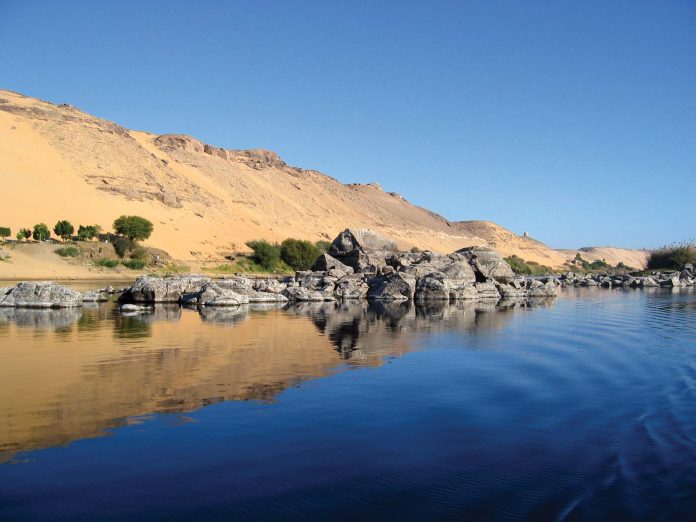Egyptian Misrepresentation of History Perpetuates Ethiopia’s Poverty
History teaches us that about 450 BCE, the Greek historian named Herodotus called Egypt the “Gift of the Nile.” He did not know that 86 percent of this mighty river that made Egyptian civilization possible originated from the Ethiopian highlands, an upstream riparian nation. He did not know that, this mighty river, the longest in the world, moved billions of tons of fertile soils that allowed Egypt to produce cotton, wheat, rice, fruits and vegetables etc. and thereby transforming the desert into a livable and vibrant environment. Egypt benefitted. Ethiopia did not!!
The Nile supplies fresh drinking water, generates energy and provides electricity to 100 percent of the Egyptian population. For the most part, this “gift” has enabled Egypt’s inhabitants to mitigate the horrors of famine and starvation. It has also provided the requisite natural resources environment to settle, thrive, create and build marvels in the form of pyramids. I suggest that, without this “gift” Egypt would have been unable to establish a nation with its own identity.
Fast forward to 2020, compare and contrast Egypt’s and Ethiopia’s human development indices for 2019 and judge.
- Egypt’s per capita income per annum was estimated at US $3,046 compared to Ethiopia’s at US $790, less than 1/4th
- Egypt’s overall HDI index placed it at 116th out of 189 countries compared to Ethiopia’s at 173rd out of 189 countries
- Egypt’s average life expectancy is 72 years compared to 66 years for Ethiopia
- Egypt’s years of schooling for young people is 13 years compared to Ethiopia’s at less than half
- Almost 100 percent of the Egyptian population has access to electricity; only 44 percent of Ethiopians enjoy such access
- Only 42 percent of Ethiopians have access to safe drinking water compared to Egyptians at 98 percent. Read more…



